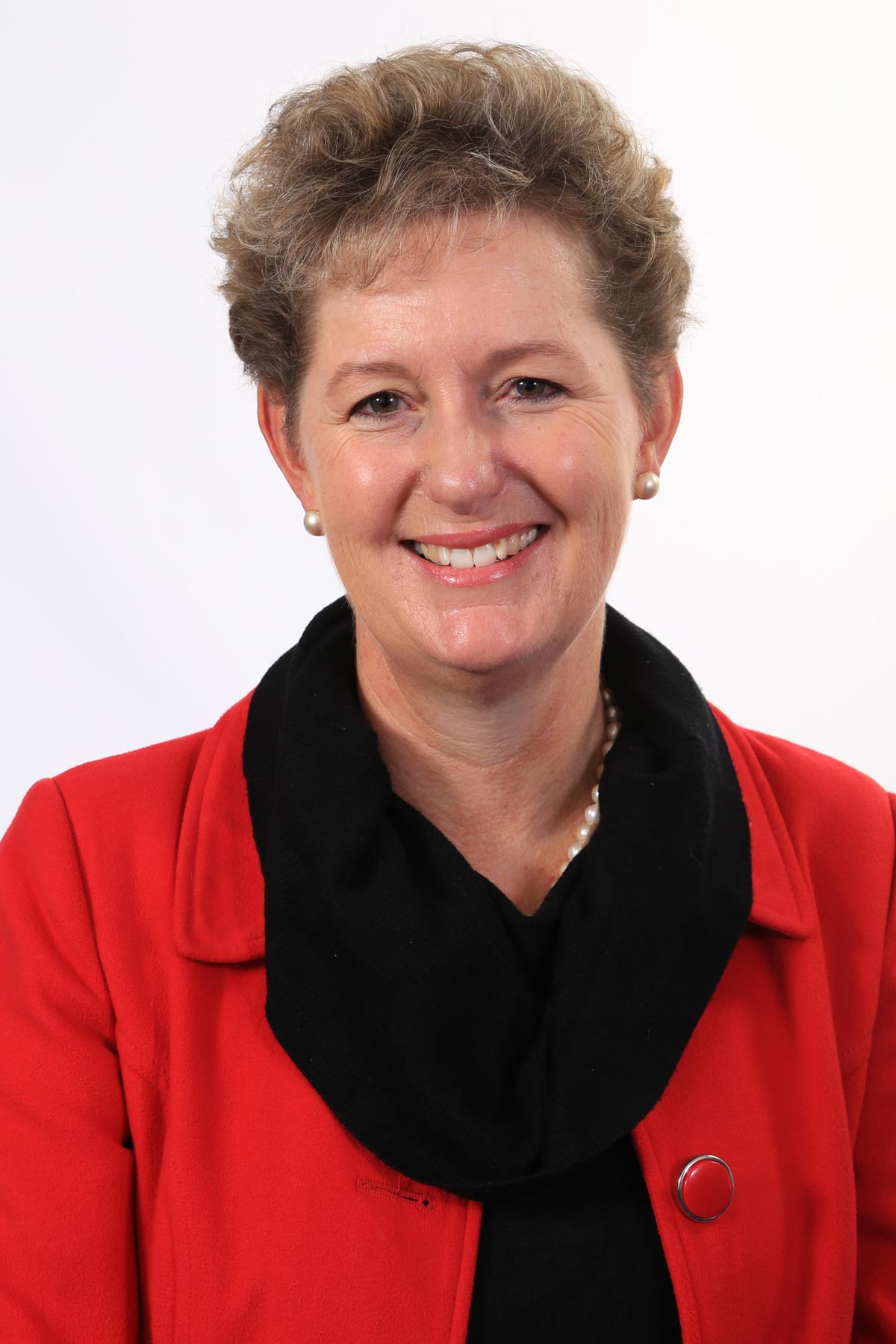Course: Undertaking a doctorate - what to know at the beginning about your research
Presenters
| Prof Sarah Howie (Stellenbosch University) & Dr Ruth Albertyn (Stellenbosch University) and colleagues from University of Lagos.
| Date
| 18 - 22 November 2019
| |
|
Target audience
| Masters students at the end of their degree considering pursuing a Phd; Candidates who already have a Masters degree or PhD candidates who are currently preparing for their PhD or in the early phases of their PhD. |
Course Description
The Joint Doctoral School provides an overview of what a PhD student may expect when entering into doctoral studies, as well as, providing insight into the fundamentals of the research process.
The School will start on the first day with examining the preparation for undertaking a PhD, for instance, what is the plan for the PhD; what is expected of a PhD candidate; what are the elements of a successful thesis and how do these play out in writing the proposal; and how does one plan for the PhD.
This is followed by how to write a research proposal and further analysing what are the elements of a successful proposal and how does this compare with other research mechanisms for different purposes and audiences. A critical need of all PhD candidates is to understand the chain of reasoning in research and how this relates to different types of research approaches, designs and methods. It is also important to gain insight into the advantages and disadvantages of various designs and how to find alternative methods. Ethical research is fundamental and therefore the ethics related to research will also be addressed.
Finally, the School will address the specific designs and methods pertaining to Qualitative and Quantitative research. In this last section, selected common designs, data collection methods, data analysis methods as well as the methodological norms (e.g.: validity and reliability/trustworthiness) will be presented and discussed. Writing up the research methodology is often daunting for new researchers and therefore some tips will be given relating to the structure and contents of the methodology chapter, justifying different methods and being able to Identify and write about limitations in methodology will be included.
Course Outcomes
By the end of the School, participants should be able to
Understand the doctoral process, ‘doctorateness’ and have a realistic idea of what is expected.
Have insight into the elements of a successful thesis
Understand the chain of reasoning and research logic in relation to their topic/study
Apply their understanding to writing a research proposal
Have a global understanding of the various research approaches, designs and methods available
Understand the advantages and disadvantages of certain approaches and designs
Have an overview of the process and requirements of doing doctoral research
|Apply Now|
Applications are now open for the Joint Doctoral School opportunity. Delegates will be awarded the opportunity to attend the workshop following a competitive selection process. Applications close 8 November 2019.
Facilitators from Stellenbosch Unviersity 
| Prof Sarah Howie, obtained her PhD at the University of Twente in the Netherlands and is the founding Director of the Africa Centre for Scholarship and Professor at Stellenbosch University. She was also the Founding Director of the Centre for Assessment and Evaluation, a research centre at the University of Pretoria (2002-2017). She is a member of the Academy of Science of South Africa and a nationally rated researcher Her interests are in research methodology, large-scale international comparative surveys and assessment. She has designed and managed many research projects, led over 70 research projects and served as principal investigator in internationally collaborative projects over the past 25 years. She has authored numerous articles, chapters and research reports and is a member of a number of Editorial Boards including the Oxford Review of Education. She has served on international committees designing research instruments for International Association for the Evaluation of Educational Achievement (IEA) Progress in International Reading literacy Study (2011, 2015), Program in Student Assessment (PISA 2015, 2018) and frameworks for Teaching and Learning International Survey (TALIS) 2018. She has extensive experience in training and working with postgraduate students and researchers in capacity development in research methodology and career development including working on SANTRUST in Ethiopia and teaching in Albania, Kenya, Mozambique, Russian Federation, Sudan, Tanzania, Thailand, Uganda and Zambia. |
|

